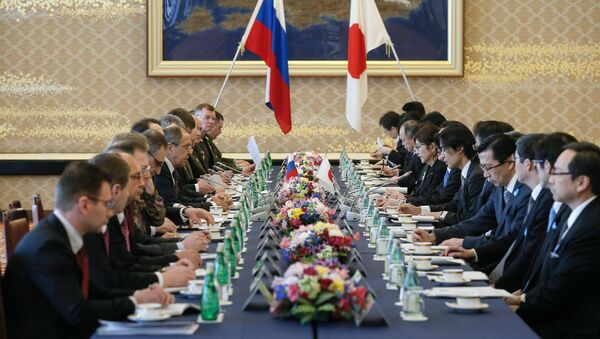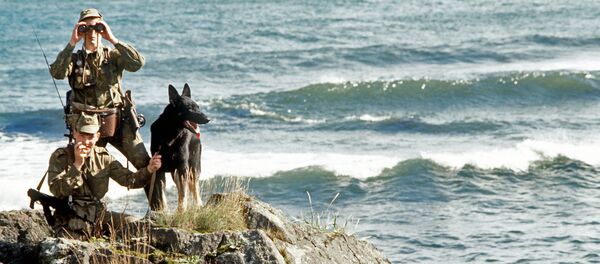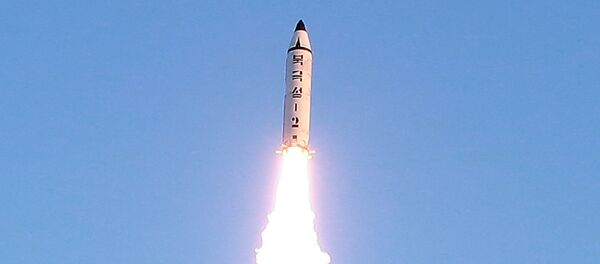The building in Tokyo where Russo-Japanese talks are being held is guarded by dozens of police officers and special agents.
The issue of the Kurils has kept Russia and Japan from signing a peace treaty for decades. But Moscow and Tokyo have different approaches to the issue, since Japan sees the handover of the islands as a prerequisite to further peace treaty negotiations and Russia does not accept such rhetoric.
Russia gained control over the islands as a result of post-World War 2 treaties and is now deploying additional troops to that and other Far East border regions to protect its territory – something which recently caused a lot of stir in Tokyo. Russian defense minister Sergey Shoigu says, however, that the deployment of troops to the Kurils is not aimed against Japan:
“The deployment of the division has been going on for 6 years. They are being stationed in 3 Russian regions – the Primorye region, Sakhalin, and Amur regions. The division’s aim is not to threaten someone, but exclusively for the protection of the Russian Federation.”
Russia has security concerns of its own, like the deployment of the US missile defense systems in the Asia Pacific region. Moscow says that such measures taken by the US and Japan are “not a proportional response.”
However, both Japan and Russia agree that North Korea’s nuclear threat, which according to Washington and Tokyo is the main reason for their missile defense systems deployment, has to be dealt with in accordance with international law.
#Lavrov: We and our Japanese partners share the view that #DPRK should strictly abide by all #UNSC resolutions https://t.co/4rEcimGN7P pic.twitter.com/MteEPKvpLo
— MFA Russia 🇷🇺 (@mfa_russia) March 20, 2017
Russian Foreign minister Sergey Lavrov says that Russia is reviewing Japan’s proposals on cross-border cooperation and the development of the Kurils. That includes a visa-free regime for people living in neighboring Russian and Japanese regions.
Russia's FM Lavrov: We shared with our Japanese colleagues proposals in concrete joint projects. We will consider their ideas as well
— Denis Bolotsky (@BolotskySputnik) March 20, 2017
Finally, both sides have agreed on the dates of their next big bilateral meeting: Japanese Prime minister Shinzo Abe will be visiting Moscow in April. It’s also expected that next year Russia will be celebrating the year of Japan, and authorities in the Land of the Rising Sun will reply by announcing the year of Russia in their country. However, whether both countries will be able to reach the long-awaited peace treaty by that time – remains uncertain.






